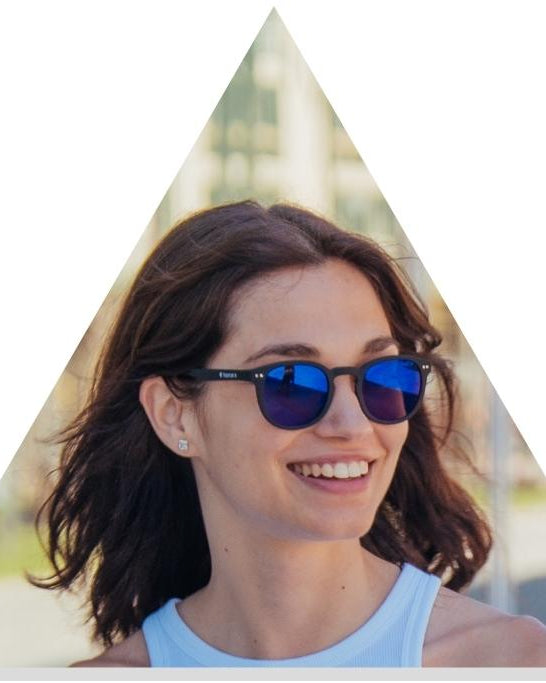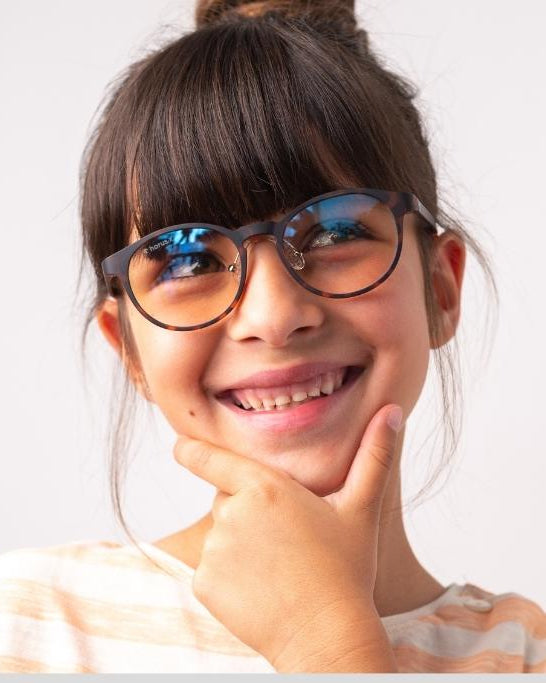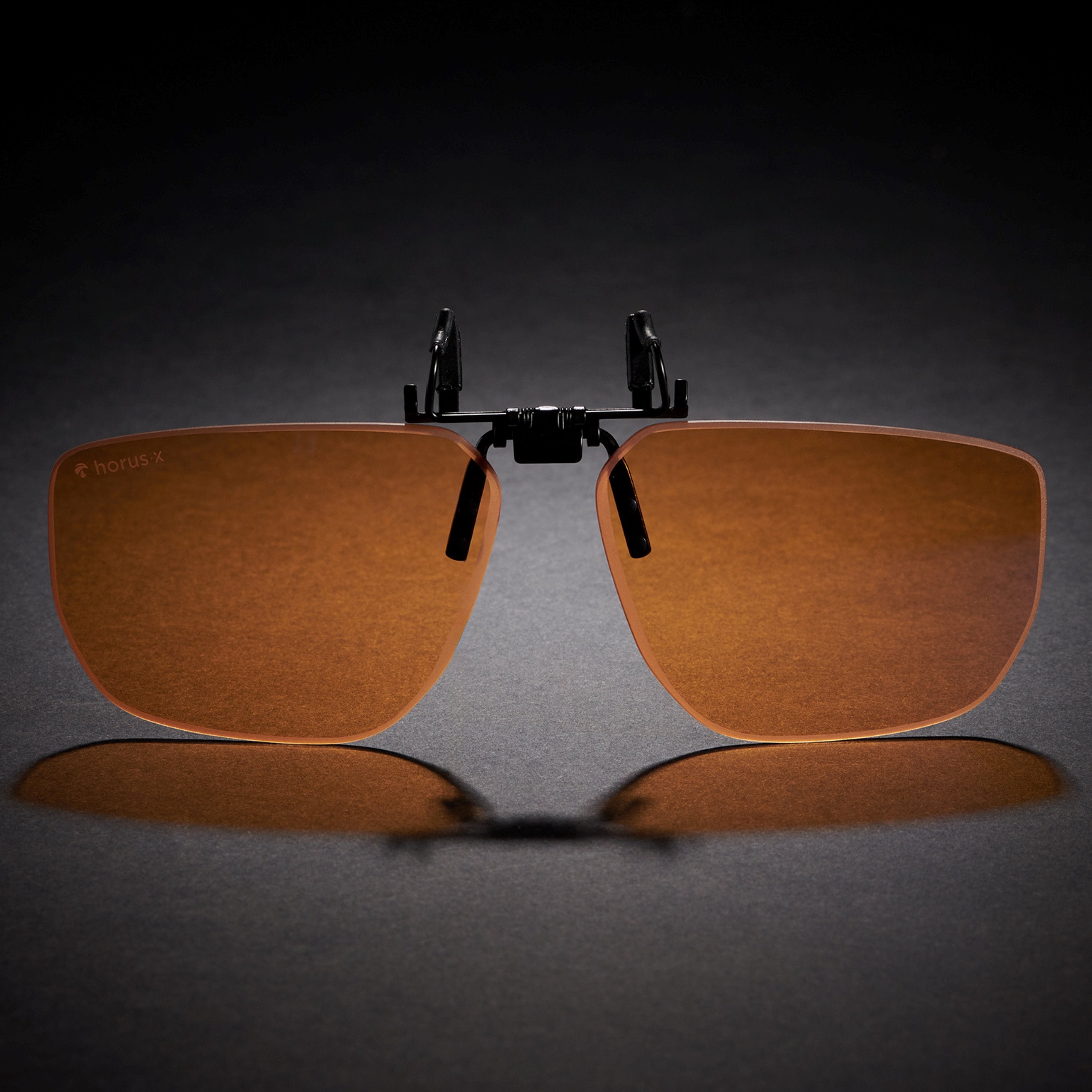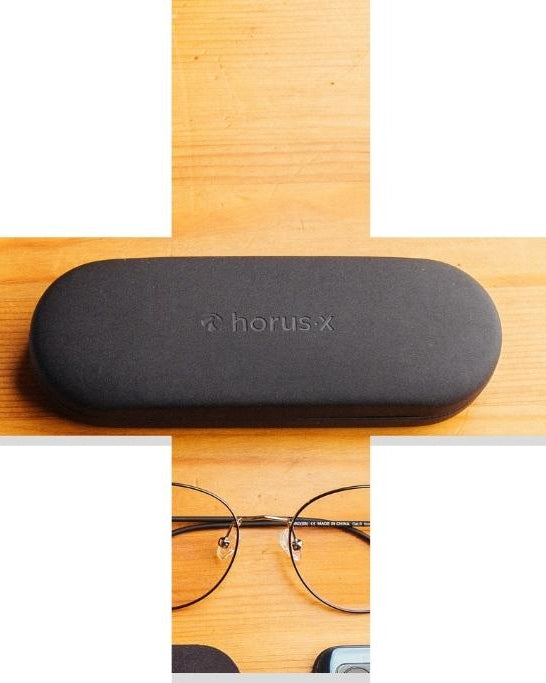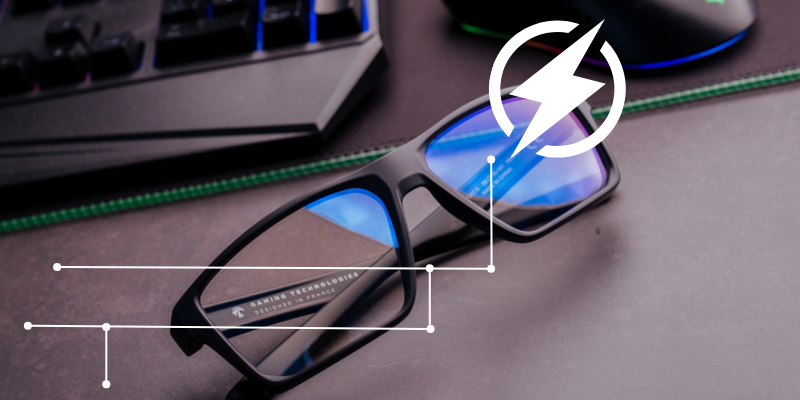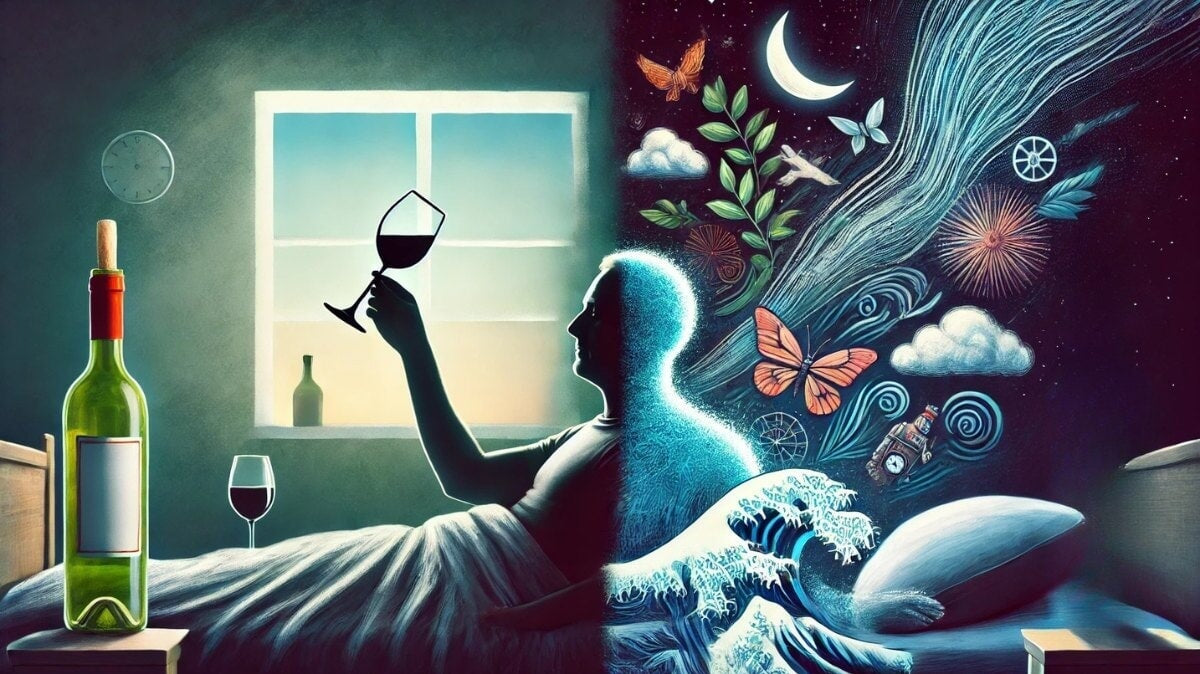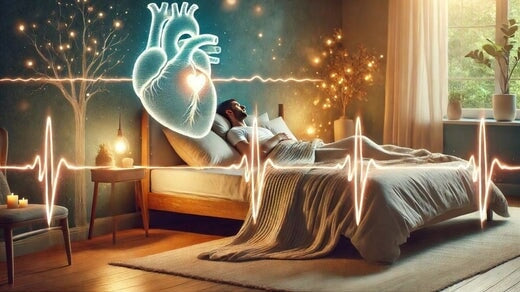Excessive screen use can significantly impact sleep, largely due to the artificial blue light emitted by devices.
In this article, we’ll explore why and how exposure to screens can lead to sleep deprivation in adults, teens, and children.
We’ll also give practical advice on limiting screen use to avoid sleep problems.
💡 Read on to become more informed about healthy sleep habits and how to enjoy a good night's sleep with our expert advice. This is our complete guide to screens and good sleep quality. Enjoy!
💤 Screens and sleep: What’s the link?

First things first. What is it about screens that affects your sleeping pattern?
Blue light from screens and sleep

First let’s talk about your circadian rhythm and how it regulates your sleep wake cycle.
Think of it as your internal clock. Under normal circumstances, your body is set to alternate between day and night, regulating various functions, especially sleep.
We're designed to work with sunlight, much like Wall-E, to maintain concentration, energy levels, and sleep patterns.

This is, in part, regulated by our natural blue light exposure, which tells the circadian rhythm when we’re exposed to sunlight and it’s, therefore, daytime.
At sunrise, the natural blue light of day sends a signal via the retina's receptors. This signal reaches your brain, specifically the hypothalamus and pineal gland. One of its major effects is to reduce the secretion of melatonin, the sleep hormone, making you feel more awake, alert, and ready to start your day.
Then, as the sun sets and natural blue light diminishes, your body recognizes that it needs to prepare for rest. This stimulates melatonin production, preparing you for a peaceful return to dreamland.
However, in the 21st century screens have entered the chat and disrupted this natural relationship.
💡Your circadian rhythm doesn’t only affect your sleeping pattern. It’s essential for many of the body's essential functions including metabolic, hormonal, immune, cognitive, blood pressure or body temperature regulation.
🪖 The sentinel effect: what is it?

Blue light from screens and sleep problems go hand in hand. It not only has a physical impact, but screens have psychological effects too that can complicate snoozing, including what’s known as the sentinel effect.
This hypervigilance is where you wake up in the night, attuned to the sound of your phone pinging, or even to check if you have any notifications. We can’t miss that vital meme! But this state of constant stimulation disrupts sleep cycles, affects sleep duration and makes us more tired day by day as we’ve been unable to obtain quality sleep.
During the light sleep phase, no stimulation should interrupt your transition into deep and REM sleep. The problem is that going on TikTok or playing video games in the evening can severely hinder your ability to fall asleep afterward.
This so-called sentinel effect exists because we are all addicted to our smartphones, and it’s even worse for young people. This makes it even more crucial to turn off your phone or place it in another room at night to prevent screen time before bed.
Otherwise, you’ll end up doomscrolling for hours, making it much harder to fall asleep.
Limiting screen time before bed

The effects of screens on sleep are serious, and the most effective solution is also the most obvious: limit your screen consumption before going to sleep!
🛑 Health authorities’ recommendation: A digital curfew
To prevent artificial blue light from disrupting your internal clock, turn off screens entirely when night comes. No last boss battle before closing your eyes!
Multiple studies have found a digital curfew on the use of screens can improve sleep. In fact, in Utah they have new legislation that set a default curfew on the social media profiles of adolescents aged 18 or under.
And we recommend something similar for adults. Disconnect from the internet and television an hour before bed. Try not to touch your device after that (putting your phone in airplane mode may help curb the itch to check your notifications).
Even better, set aside your phone (and all other screens) after dinner, and take time to relax with quiet activities such as reading. By reducing media use this way, you’ll see the difference and get quality sleep.
Blue light from screens and sleep: Other solutions

Disconnecting after dark is all easy to say, but it’s not as easy to do. If only because a good series after a long day at work is so relaxing. Or because it's in the evening that we finally have a bit of time to ourselves to turn on the computer and do a few runs of Hades II.
The important thing is to filter blue light, to prevent it from interfering with your circadian rhythm.
TV and screen manufacturers are aware of the problem, and are starting to offer modes that limit the emission of artificial blue light. You can also activate night mode on most devices.
The most effective solution, however, is a pair of blue-light filtering glasses.
That’s where we come in. Our glasses are designed in France, with a lifetime warranty and the best filtration on the market to block the impact of artificial blue light.
We offer Gaming models for heavy use, especially intensive nighttime co-op sessions, Office models for those of us who spend our work days on a computer, and a Kids collection, because it’s never too early to give small eyes extra protection.
💡 If you want to know more, check out our article on the dangers of blue light here. Screens impact eyes in multiple ways and lead to digital eye strain, also known as computer vision syndrome.
Bonus tips for restful sleep

Screens have an undeniable impact on sleep. But other habits also impact your sleep cycle, so a good routine is essential to a better sleep.
There are basic wellness habits you can implement to improve your mind, body and sleep cycle:
- 📱 Limit screens as much as possible in the evening, and adjust your bedtime routine accordingly.
- 🍖 Watch what you eat: Don't eat a heavy meal in the evening, and don't eat just before going to
- 💧 Stay hydrated and limit your intake of alcohol or sugary drinks. Water is always best!
- 💡Use ambient lighting, especially at night. Artificial light or bright light can further interrupt your patterns leading to sleep disturbance and shorter sleep duration.
- 🧘 Try to relax with a calm activity: reading, meditation or even yoga before bed to feel more relaxed and sleepier before bed.
- ⌚ Go to bed at the same time every day, if life deigns to let you. For sufficient sleep, a regular schedule is important.
Avoiding screen time before bed: Final thoughts
The relationship between poor sleep and screens is the subject of numerous studies. It has been proven that overexposure to screens disrupts melatonin secretion and therefore prolongs the time it takes to fall asleep.
It can also trigger other psychological effects like the sentinel effect that prevent you from sleeping soundly.
To avoid this, public health authorities recommend turning off screens at least one hour before bedtime so you don’t get insufficient sleep.
You can also limit the effects of blue light by using the dark mode on your devices and blue-light-filtering glasses, to preserve your circadian rhythm. As a bonus, you'll also reduce eyestrain, for greater comfort in everyday life.
And as much as we all love our phones, they’re not good for your eyes. So, whenever possible, shut it off before bed and turn on airplane mode to prevent you from obsessively checking your notifications.



